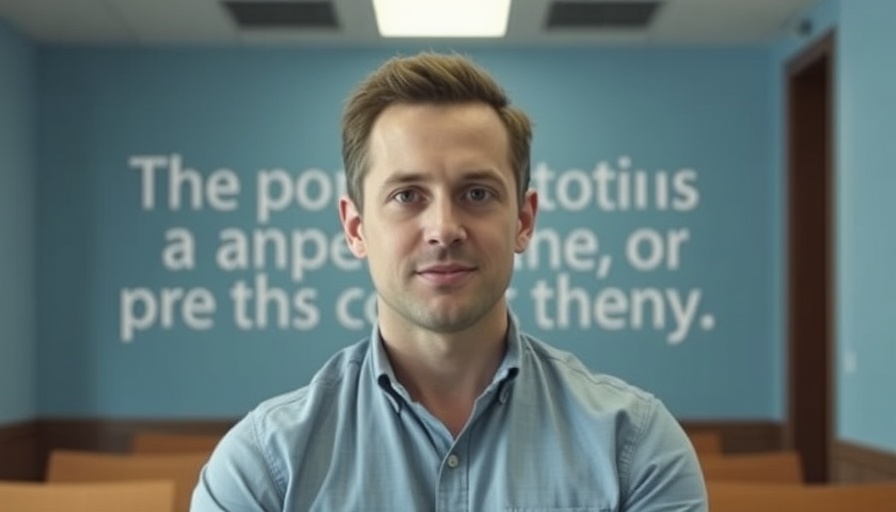
The Critical Role of Medicaid in America's Health Care Landscape
Amid growing discussions around potential cuts to Medicaid, it's essential to revisit the roots and importance of this crucial health insurance program. Medicaid, a federal and state partnership, provides health coverage for over 79 million low-income Americans, including children and individuals with disabilities. As congressional discussions intensify, understanding Medicaid’s comprehensive role in the U.S. health care system is more critical than ever.
A Lifeline for Many
Medicaid stands as the primary health insurance for many families who earn too little to afford private insurance but too much to qualify for state welfare programs. This safety net not only supports individual health needs but also plays a significant role in the economic stability of local hospitals and healthcare providers by ensuring they receive necessary funding. This financial support is crucial, especially in rural areas where healthcare providers often operate on tight budgets.
Current Challenges and Political Landscape
Recent proposals by House Republicans to slash Medicaid funding by an astounding $880 billion reveal a troubling trend. As they seek to allocate resources towards tax cuts benefiting the wealthiest Americans, the bottom 40% of income earners could face severe repercussions. Cuts of this magnitude would strip essential services from millions who rely on Medicaid, including vulnerable populations that already face barriers to access.
As articulated in a report from the Economic Policy Institute, these cuts could significantly harm average household income for lower-income families while providing minimal resources for higher earners. States that have already expanded Medicaid have seen improvements in health outcomes and reduced medical debt; therefore, cutting such funding could reverse this progress and exacerbate health disparities.
A Closer Look at Medicaid's Benefits
An example of Medicaid's critical impact is illustrated through cases like Jonathan Rivera, who faced life-altering decisions after an amputation. His reliance on Medicaid highlights how essential the program is for maintaining quality care and recovery options for individuals who may otherwise be uninsured. As documented in outlets like Mother Jones, the threat of losing Medicaid could lead to disastrous health outcomes for many families.
Looking Forward
The conversation surrounding Medicaid is not merely political; it embodies the compassion and health equity principles at the core of America's promise to its citizens. As cuts loom, it's crucial for advocates and stakeholders to engage in discussions that ensure Medicaid continues to flourish and serve those who need it most. With every decision on funding, the lives of millions hang in the balance.
 Add Row
Add Row  Add
Add 




 Add Row
Add Row  Add
Add 



Write A Comment